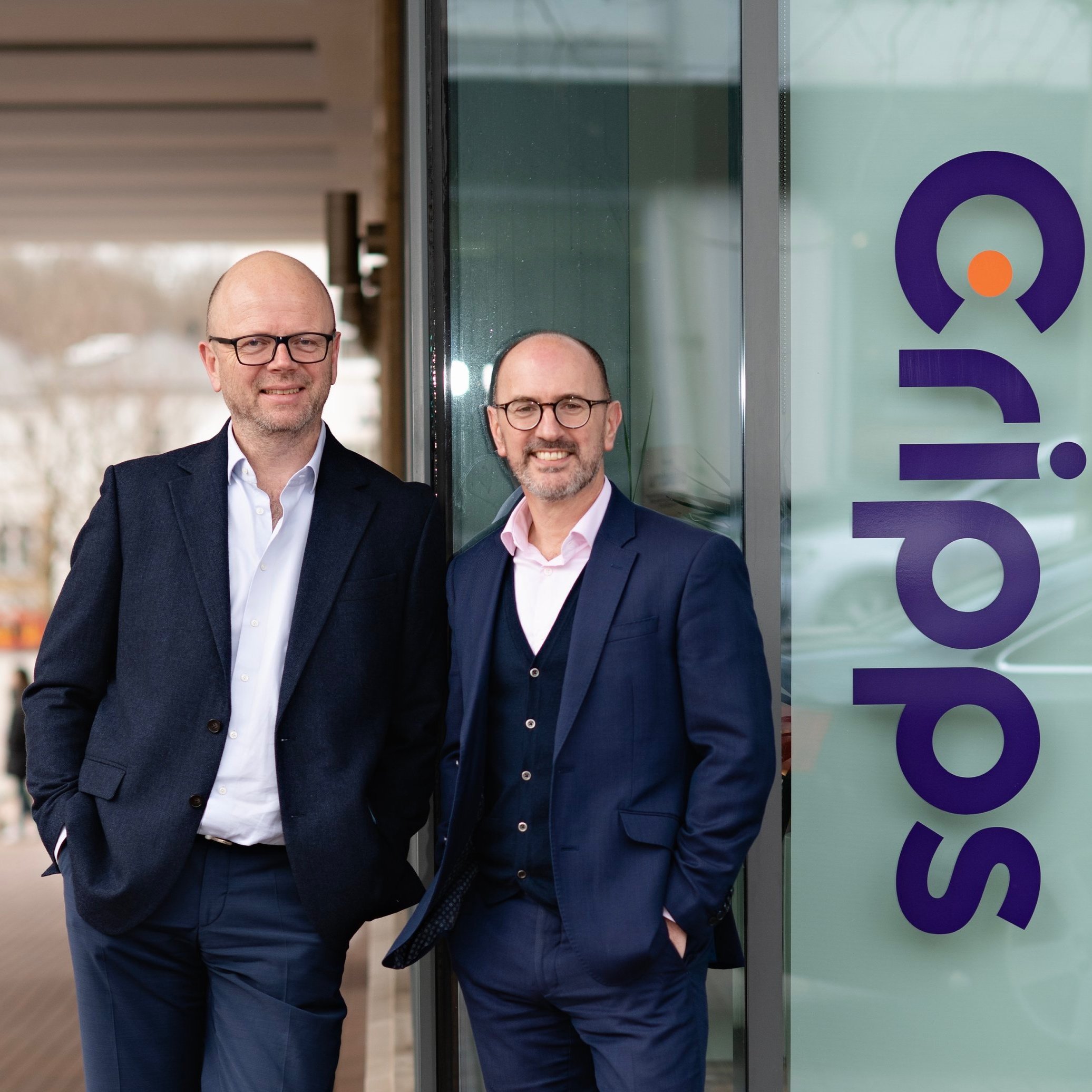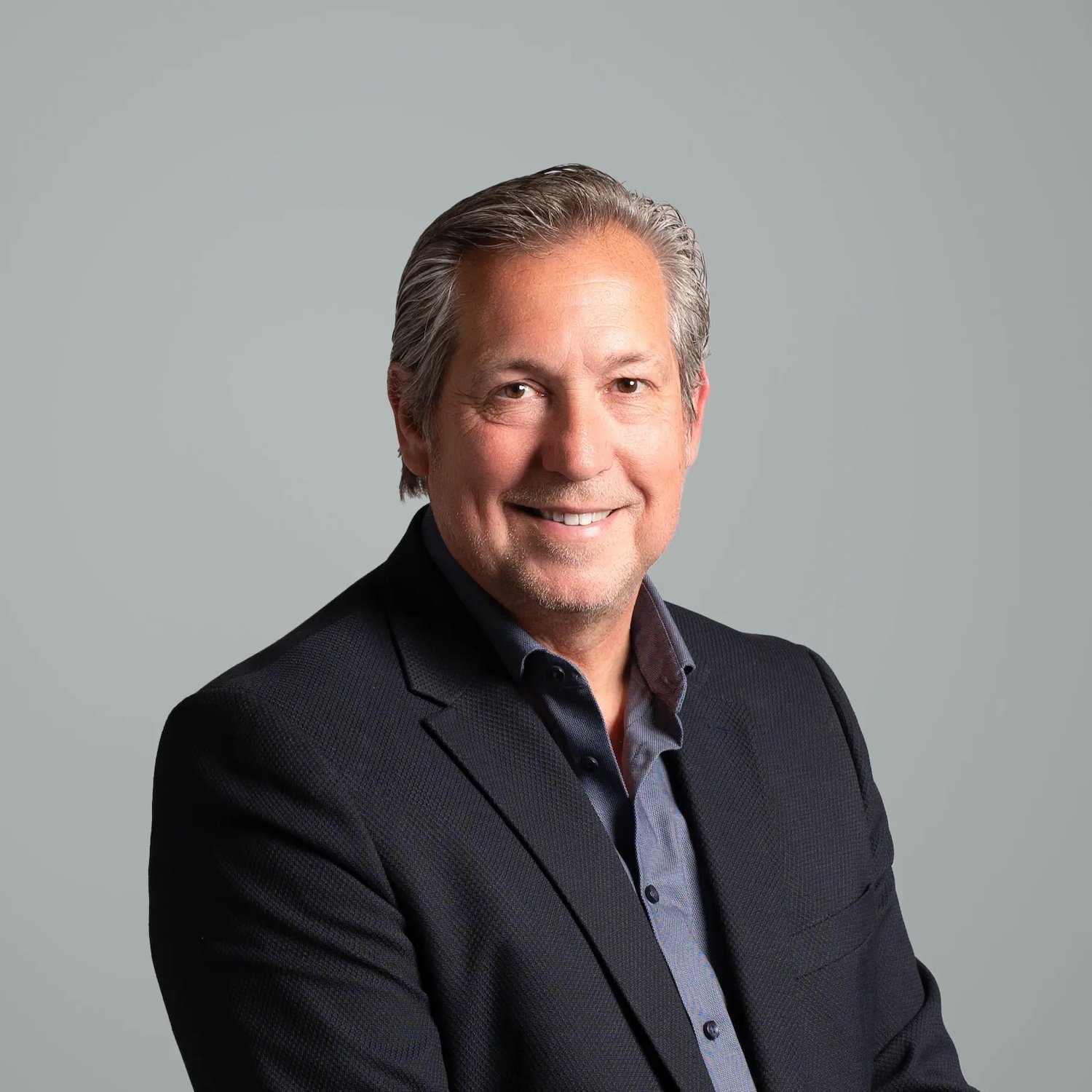For Dr Mohammad Al-Ubaydli, CEO of Patients Know Best (PKB), success in healthcare isn’t just about innovation – it’s about trust. Mohammad first appeared on The Purposeful Strategist in 2024, where he shared the groundbreaking work PKB was doing to put patients in control of their own health records. At that time, PKB had 3.8 million users, and Mohammad discussed the company’s ambitious plans to expand its reach and impact. Now, returning to the podcast, he reflects on the significant progress made since then, having scaled to 5 million registered patients and secured £6 million in funding to accelerate both their UK and international growth.
Since founding PKB, Mohammad has championed the belief that personal health records should belong to the patient, not institutions. While the idea is widely accepted, systemic barriers remain – organisations often prioritise control over collaboration, and as governments hesitate to enforce, AI lacks the data needed to drive healthcare improvements. Now the world’s largest patient-controlled health record platform, PKB is proving that transformation can happen and benefits everyone. Mohammad believes in partnering with other innovators to ensure patients can access, understand, and use their health data in meaningful ways. By advocating for patient-led data as a necessity rather than an option, PKB is redefining how healthcare systems function – empowering individuals to take control of their health and ultimately improve their own outcomes.
In this episode, Mohammad discusses the urgency of patient-controlled records, why AI in healthcare is stalling, and how PKB is overcoming barriers to scale globally. He shares insights into how governments can move from intention to implementation, what it takes to scale a purpose-driven company internationally, and why sustainable growth requires both commercial success and patient trust. He also offers advice for other leaders on balancing purpose with business realities, the power of partnerships, and why clarity of mission is essential as organisations grow.
Mohammad Al-Ubaydli







